Jumpstarting careers
CityU’s MBA programme puts learning in the hands of its students.
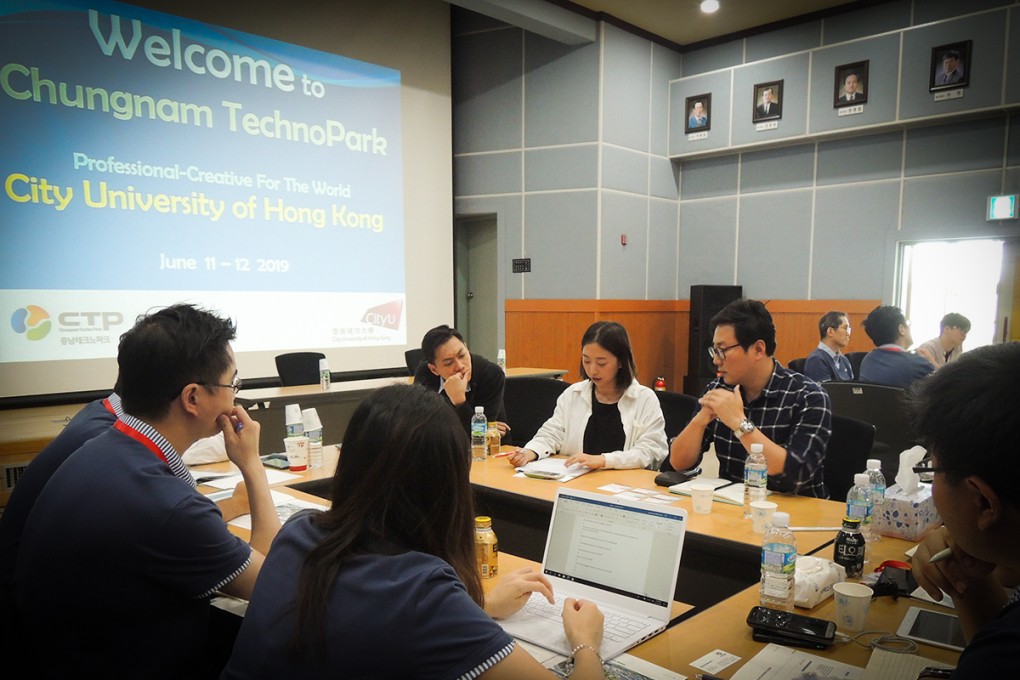
[Sponsored Article]
Anyone looking for a hands-on approach towards studying their MBA need to look no further than City University of Hong Kong’s MBA programme.
The programme, relaunched in 2013, has attracted a stream of business leaders and entrepreneurs not just because of its international recognition, but because of what it calls its “Experiential Learning Approach”. Earlier this year, the CityU MBA programme was ranked top 100 in the world in the Financial Times ranking.
Aside from the foundational courses, students are required to take at least nine credits from the Experiential Learning component which puts a strong focus on leadership skills and learning by experience. The aim of this is to ensure students graduate with real life practical experience through live learning that has a global emphasis.
At the core of this approach is to break boundaries between local and global and between theoretical and practical knowledge, said Prof Kevin Chiang, Director of the CityU MBA Programme.
“Given the complex nature of the global business environment and the needs of today’s business practices, experiential learning or ‘learning by doing’ enables our students to gain practical experience which they can apply in real-world situations,” he added.
Unlike many of the MBA programmes out there, students applaud CityU’s offering for equipping them with the right experience, skills and network to progress their career quickly.
“If you come into an MBA programme looking for a certificate, any MBA would do it,” said Cyrus Wong, a student in the part-time programme who works as a senior manager in Global Business Development for a leading airport hospitality and facilities provider.
“But if you are looking for personal development, you have to go through the pains,” he said.
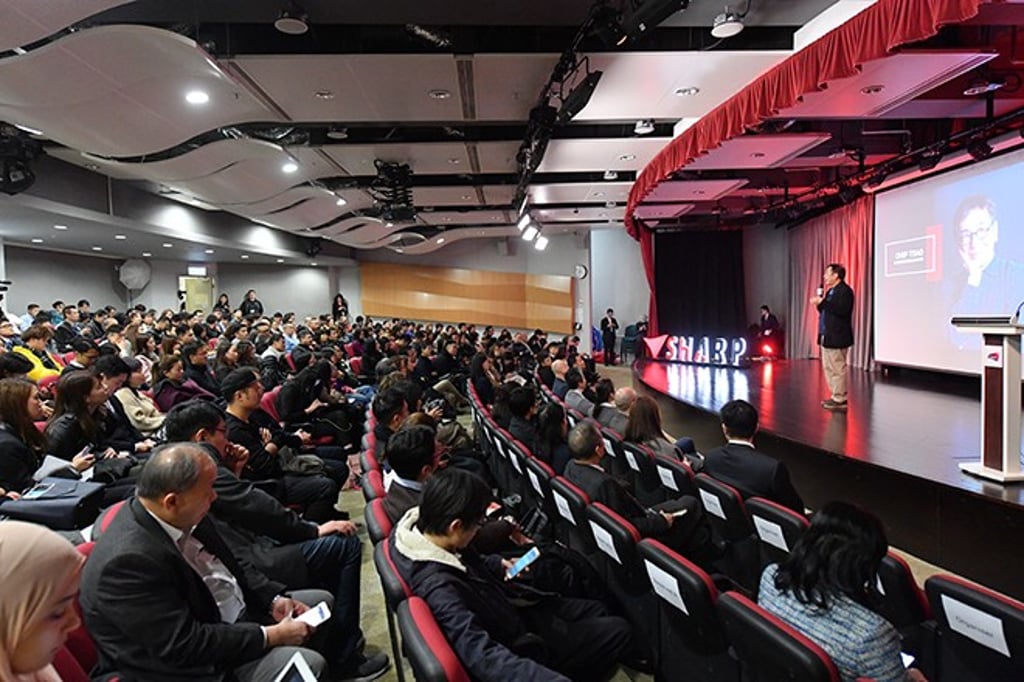
“For the forum, we are required to connect with industry leaders, government officials or celebrities and invite them to speak at the forum and actually hold the entire event all by ourselves as a student committee,” he said.
Calling it an incredibly positive experience, Wong said that they had to reach out to the speakers, figure out how to pitch, connect and invite them to the forum, then ensure the event runs smoothly.
“You want to make sure that the speakers are treated nicely and organize the event so as to give them a good experience, and of course for the audience as well,” he said.
The goal is that students will get a chance to meet professional peers and have in-depth discussions and provide networking opportunities to help them with their career development, while fostering business knowledge through insightful dialogue between the business leaders.
Since its launch in 2016, the forum has had more than 100 notable speakers and 5000 business professionals who have participated in the forum.
Another aspect of the experiential learning that sets the programme apart is the residential trip that students go on.
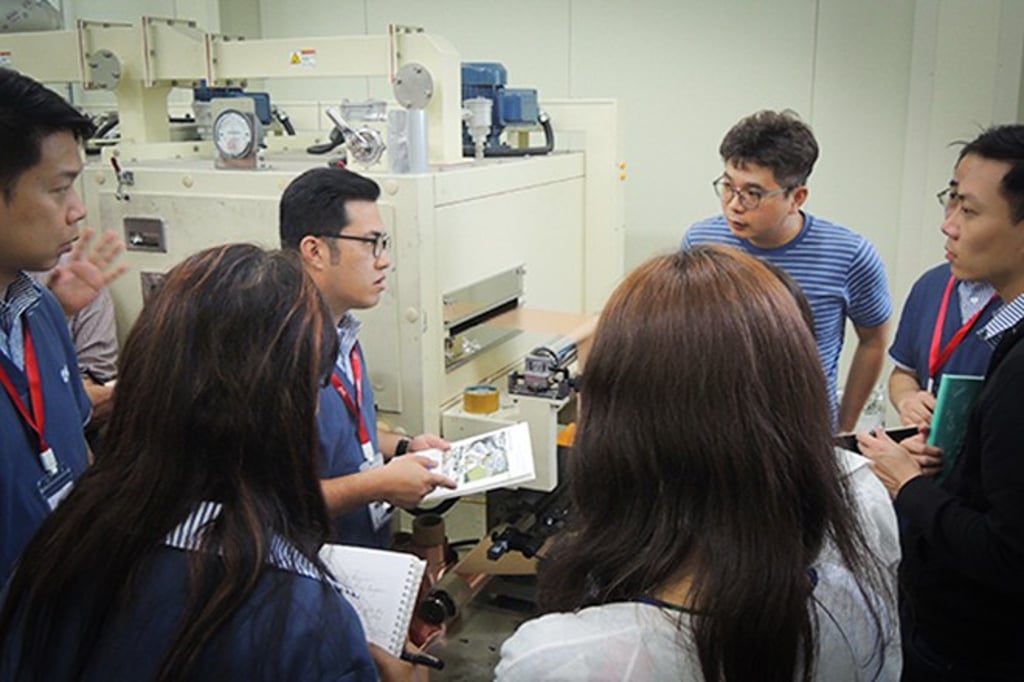
“I developed a routine in my mind when I give recommendations to my senior management,” he said. “I ask the question: where are we now, where do we want to be and how are we going to get there.”
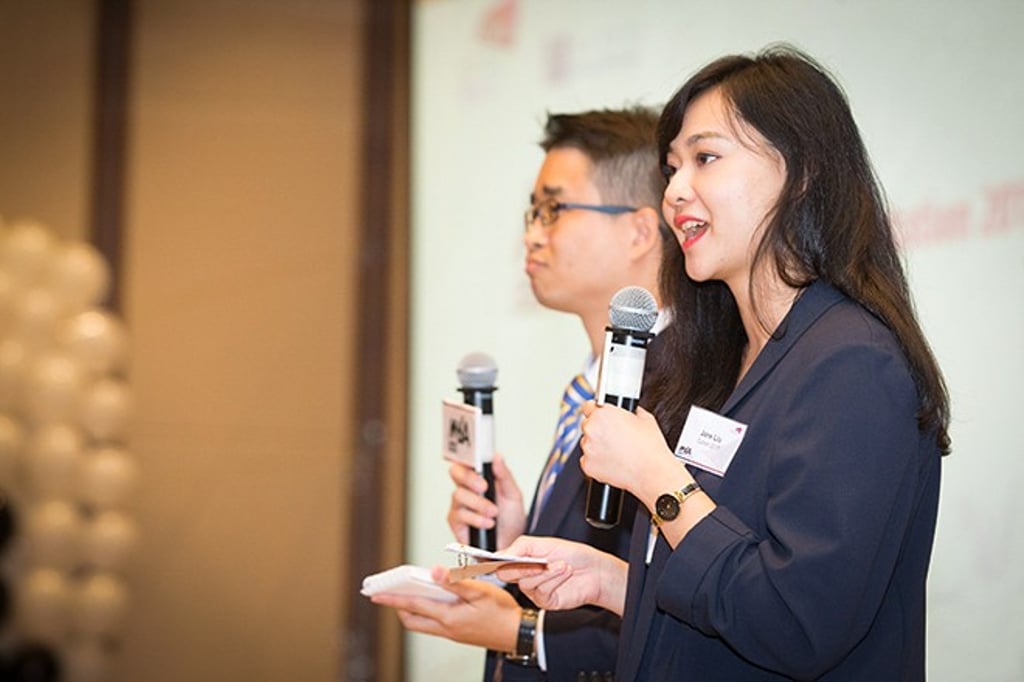
Her cohort did a residential trip to Malaysia to provide consultancy on a mega port and cruise terminal project under the Belt & Road initiative.
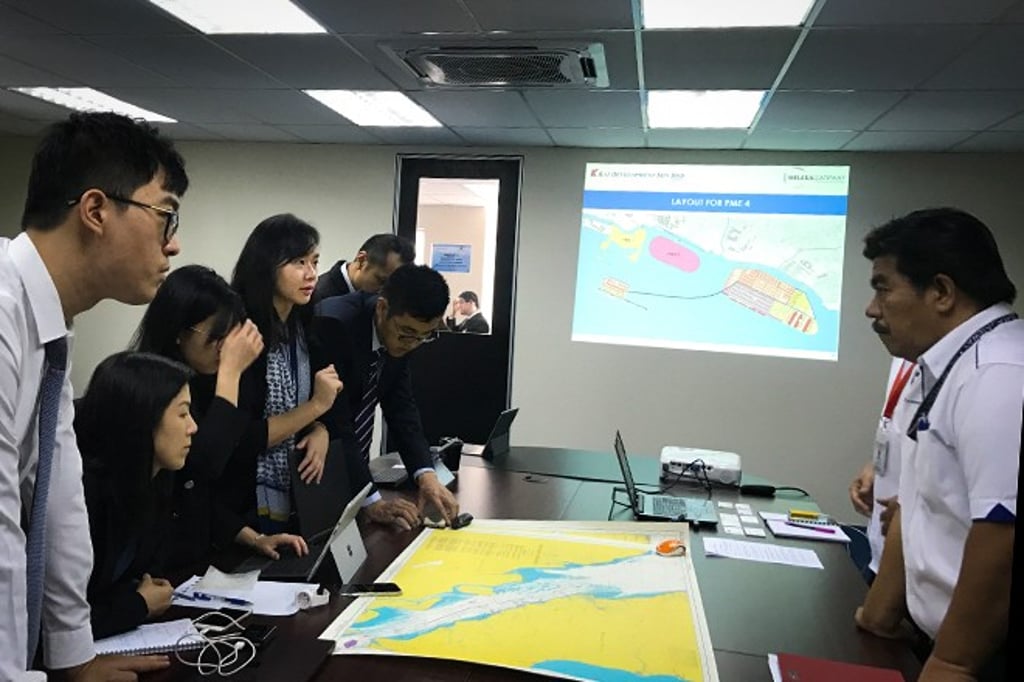
“I had to grow in a very short time,” she said. “It left me with a strong impression that being persistent is really key to surviving.”
She said the fact that her classmates all came from a myriad of backgrounds helped to put forth some of the best ideas and bring out all the different perspectives.
As a result of these experiences, both Wong and Liu have been promoted and made career moves upwards, a testament to the university’s commitment to “boost global talent recruitment and power our students to achieve a career advancing placement”.
Currently, the University has been providing students with alternate ‘learn-by-doing’ experiences despite the travel restrictions. For example, students taking the Services Marketing Course are conducting a consultancy project for Hong Kong Ferry to help reposition its marketing strategy for its Harbour Cruise – the Bauhinia.
Students in the Entrepreneurship course have also recently completed their final pitches to a judging panel online. The panel included veterans from HKSTP and investment firms despite their different time zones.
“We remain resilient to cope with the coronavirus outbreak and to continue our mission to prepare students for success,” Prof Chiang said.